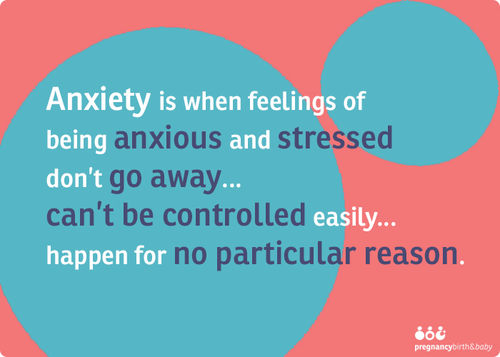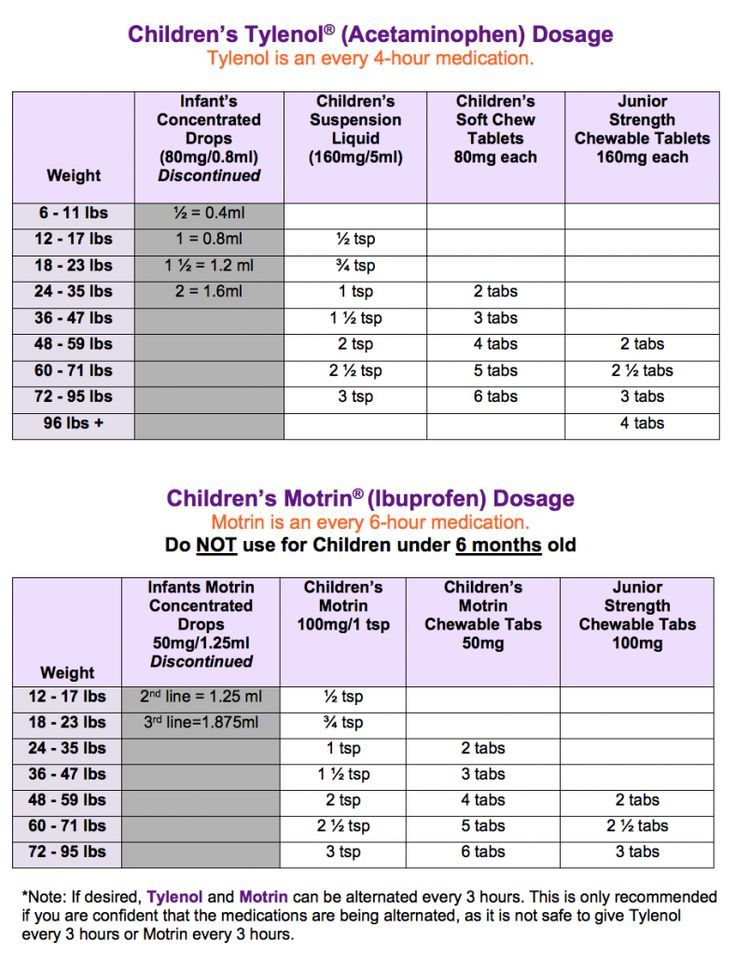What can you take for anxiety while pregnant
How can you manage anxiety during pregnancy?
Pregnancy is an exciting time. You will soon become a parent to an adorable, tiny human. You may expect to experience the rollercoaster of emotions during pregnancy, or emotions may catch you off guard. Some women feel joy at every flutter or kick, marveling at their changing bodies. For other women, pregnancy is hard, giving no reprieve as it brings severe fatigue, mood changes, and constant worries. You may notice that with every passing month, your thoughts are spiraling out of control, affecting your performance at work and your relationships at home. But how do you manage your anxiety, and should you treat it?
What causes anxiety during pregnancy?
Worries during pregnancy are universal. Hormonal changes of pregnancy, prior heartbreaking miscarriages, and sleep difficulties may all contribute to anxiety for mothers-to-be. You may worry about how a baby will affect your relationships with friends or family members, the health of your future child, the delivery experience, or the financial burden of an additional family member. All of these worries are completely normal. For humans, a certain amount of anxiety is protective; how else could we motivate ourselves to complete our work or run away from a bear?
What are the symptoms of anxiety disorders during pregnancy?
Although it’s normal to be worried about the health of your baby, in some cases this worry becomes debilitating and may require further attention. Thoughts about the health of the baby may become obsessive, even when doctors are reassuring. Worries may also appear as physical symptoms, such as a rapid heartbeat, difficulty breathing, or panic attacks. If this is the first time you experience a high level of anxiety, this may be frightening in itself. When anxiety starts to interfere with your day-to-day functioning, relationships, or job performance, it may be classified as an anxiety disorder — if your doctor picks up on it.
Anxiety can occur at any time during pregnancy, or it may first appear after delivery (perinatal anxiety is the term used for anxiety during pregnancy and after delivery). The rates of generalized anxiety disorder appear to be highest in the first trimester, likely due to hormonal changes. The most common symptoms of anxiety include constant worrying, restlessness, muscle tension, irritability, feeling dread, an inability to concentrate, and difficulties falling asleep due to worries. Some women also experience symptoms as a result of other anxiety disorders, including panic disorder, obsessive-compulsive disorder, or post-traumatic stress disorder.
The rates of generalized anxiety disorder appear to be highest in the first trimester, likely due to hormonal changes. The most common symptoms of anxiety include constant worrying, restlessness, muscle tension, irritability, feeling dread, an inability to concentrate, and difficulties falling asleep due to worries. Some women also experience symptoms as a result of other anxiety disorders, including panic disorder, obsessive-compulsive disorder, or post-traumatic stress disorder.
Unfortunately, two of the most common mental health screening tools in pregnancy (the Edinburgh Postnatal Depression Screen and Generalized Anxiety Disorder 7-item Scale) are not great at detecting anxiety in pregnancy. Although underdiagnosed, anxiety disorders during pregnancy and in the postpartum period are common, and may affect up to one in five women. Many women suffer in silence.
What are the effects of untreated anxiety on the fetus?
When thinking about management of anxiety, it is important to consider both the risks of treatment as well as the harms of untreated anxiety. Although less studied than depression, research suggests that anxiety may negatively affect both the mother and the fetus. Anxiety increases the risk for preterm birth, low birthweight, earlier gestational age, and a smaller head circumference (which is related to brain size).
Although less studied than depression, research suggests that anxiety may negatively affect both the mother and the fetus. Anxiety increases the risk for preterm birth, low birthweight, earlier gestational age, and a smaller head circumference (which is related to brain size).
What are some treatments for anxiety during pregnancy?
Fortunately, there are many treatments that can reduce anxiety during pregnancy and help you feel better. For many women, anti-anxiety medication is not an option during pregnancy, as there is little information on the safety of such medication on the fetus. Some women who had previously taken medications for anxiety may wish to discontinue medications during pregnancy for personal reasons.
Therapies such as cognitive behavior therapy (CBT) demonstrate promise in the peripartum period (the period shortly before, during, and after giving birth). CBT focuses on challenging maladaptive thoughts, emotions, and actions, and it uses anxiety management strategies such as diaphragmatic breathing (adapted to pregnancy).
If your anxiety is severe, medications may be an option for you. Selective serotonin reuptake inhibitors (SSRIs) are commonly prescribed for depression and anxiety during pregnancy and after delivery. It does not appear that SSRIs are associated with an increased risk of major congenital malformations. However, SSRIs may be associated with transient neonatal symptoms such as jitteriness, tremor, crying, and trouble feeding, which resolve on their own in a few days.
The use of benzodiazepines such as lorazepam (Ativan) and alprazolam (Xanax) during pregnancy has long been a controversial topic. Although older studies showed an association between their use and an increased risk for cleft lip and palate, a more recent study looking at benzodiazepine use during pregnancy did not show this link when these medications were used alone (although there may be an increased risk when combined with antidepressants).
What else helps anxiety during pregnancy?
- Engage in regular physical activity.
 In general, it is safe to engage in physical activity during pregnancy. However, if you are at risk for preterm labor or have pregnancy complications, consult with your doctor first.
In general, it is safe to engage in physical activity during pregnancy. However, if you are at risk for preterm labor or have pregnancy complications, consult with your doctor first. - Ensure adequate sleep. Whether it’s a calming bedtime routine, pregnancy pillow, or a few nights in a bed away from your snoring partner, now is the time to learn what works for your sleep.
- Practice mindfulness. Research shows that mindfulness may reduce worries about labor, and it may even prevent postpartum depression.
- Journaling. Writing about your worries may help you brainstorm potential solutions, and it allows you to reflect on your concerns.
- Schedule worry time. We often worry because we do not want to forget something. Setting aside 30 minutes toward the end of the day provides you with a time to worry productively, but it frees you from holding onto your worries the rest of the day (practice reminding yourself "I’ll get to these thoughts later").

- Yoga, massage, meditation, and acupuncture. Finding relaxation techniques that work for you may take some experimentation — but their benefits will continue even after the baby arrives.
List of Anxiety Medications Safe During Pregnancy
Learn about the risk associated with taking anxiety medications while pregnant, including birth defects and minor respiratory problems after delivery.
Article at a Glance:
- Anxiety is common during pregnancy, yet the safety of anxiety medication varies from one drug to the next.
- Research shows that benzodiazepines and SSRIs have mild or moderate effects on a pregnancy.
- Babies can be born addicted to benzodiazepine anxiety medications.
- Non-drug cognitive behavioral therapy can help expectant mothers cope with anxiety as an alternative to medication.
- If you find out you are pregnant, do not stop taking an anxiety medication that you currently take without taking to your doctor first.

People often wonder what anxiety meds you can take while pregnant if any. Anxiety can even worsen during pregnancy, which can be a concern for women who are unsure about the safety of certain medications. Overall, the safety of anxiety medications during pregnancy can vary a lot, depending on the specific medication.
For the most part, studies show that anxiety medications including benzodiazepines and serotonin reuptake inhibitors aren’t going to have a huge impact on a baby during pregnancy. There can be some mild effects, based on current research. For example, both benzodiazepines and SSRIs are associated with shorter pregnancies, and babies more likely to require minor respiratory assistance after delivery. Even though some research studies haven’t shown major effects from anxiety medications during pregnancy, that doesn’t mean they’re absolutely safe.
First, benzodiazepines like Xanax and Valium and category D drugs according to the FDA. This indicates the FDA believes there is positive evidence of human fetal risk based on studies or investigations.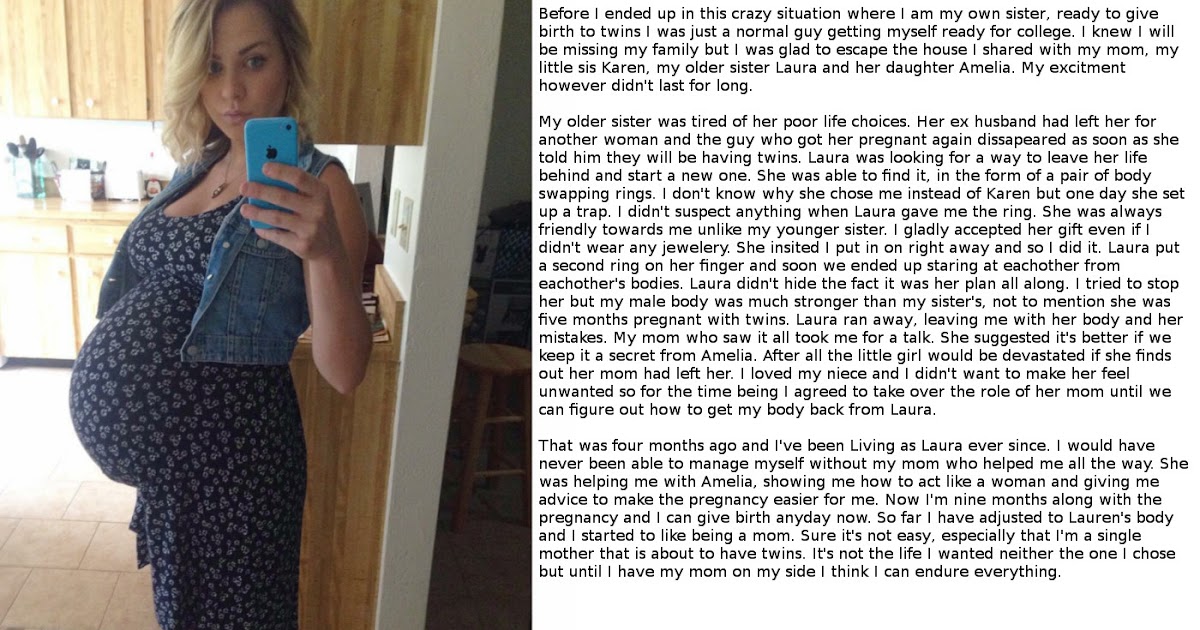 Some benzodiazepines are believed to be linked to fetal effects like a cleft lip and palate, particularly when they’re used during the first trimester, although the risk is fairly low. Something else that needs to be considered is the risk of maternal toxicity stemming from the use of benzodiazepines, and how that could affect the fetus. For example, if a mother takes a benzodiazepine as an anxiety treatment and experiences side effects, the baby may as well. Side effects of benzodiazepine toxicity can include not only breathing problems, but also sedation and floppiness or decreased muscle tone. This is again a relatively low risk but is more common in women who take high doses of benzodiazepines. However, a category D drug may also have more benefits than risks when used during pregnancy for some women. While benzodiazepines are category D, long-term anxiety medications like Prozac and Zoloft are often described as “probably safe.” Tricyclic antidepressants and buspirone may be safe during pregnancy as well.
Some benzodiazepines are believed to be linked to fetal effects like a cleft lip and palate, particularly when they’re used during the first trimester, although the risk is fairly low. Something else that needs to be considered is the risk of maternal toxicity stemming from the use of benzodiazepines, and how that could affect the fetus. For example, if a mother takes a benzodiazepine as an anxiety treatment and experiences side effects, the baby may as well. Side effects of benzodiazepine toxicity can include not only breathing problems, but also sedation and floppiness or decreased muscle tone. This is again a relatively low risk but is more common in women who take high doses of benzodiazepines. However, a category D drug may also have more benefits than risks when used during pregnancy for some women. While benzodiazepines are category D, long-term anxiety medications like Prozac and Zoloft are often described as “probably safe.” Tricyclic antidepressants and buspirone may be safe during pregnancy as well.
Babies Born Addicted to Anxiety Medications
Since most anti-anxiety medications fall into two main categories, benzodiazepines and long-term daily treatments like SSRIs, it’s worth looking at both. Babies can be born technically addicted or dependent on both types of medications. With benzodiazepines, if they’re taken near the time of delivery, the baby may experience withdrawal symptoms. Newborn benzodiazepine withdrawal symptoms can include breathing problems, muscle weakness, crying, irritability, tremors, jitters, and problems with sleep. These symptoms will usually dissipate after a few weeks. Neonatal withdrawal from benzodiazepine will not typically create any long-term effects. As far as SSRIs, an infant can also experience mild withdrawal symptoms from these anxiety medications. With SSRI withdrawal, infants usually have very mild symptoms that disappear within 48 hours. Most SSRI withdrawal symptoms in infants don’t require medical intervention.
Alternatives to Anxiety Medications While Pregnant
When someone is pregnant and has anxiety, the general medical advice is to try other options for treatment before taking medications. This is true even if an anxiety medicine is considered to be “probably safe.” Some alternatives to anxiety medications while pregnant can include cognitive behavioral therapy or another type of non-drug therapy. Some people may benefit from alternatives like yoga, meditation or massage. Another option would be herbal therapy, although herbs and supplements can be unsafe during pregnancy, so they should also only be taken under medical supervision. If a doctor does determine that the risks of a pregnant woman’s anxiety being untreated are greater than the risks of medication, they will then work to find the right option. Since some options are safer than others, doctors may, for example, recommend an SSRI over a benzodiazepine. If you’re currently using anxiety medication and you’re pregnant, you shouldn’t suddenly stop using it without speaking to your physician first.
This is true even if an anxiety medicine is considered to be “probably safe.” Some alternatives to anxiety medications while pregnant can include cognitive behavioral therapy or another type of non-drug therapy. Some people may benefit from alternatives like yoga, meditation or massage. Another option would be herbal therapy, although herbs and supplements can be unsafe during pregnancy, so they should also only be taken under medical supervision. If a doctor does determine that the risks of a pregnant woman’s anxiety being untreated are greater than the risks of medication, they will then work to find the right option. Since some options are safer than others, doctors may, for example, recommend an SSRI over a benzodiazepine. If you’re currently using anxiety medication and you’re pregnant, you shouldn’t suddenly stop using it without speaking to your physician first.
If you’re concerned about prescription drugs, or other substances you or a loved one may be taking, we encourage you to reach out to our team at The Recovery Village today.
Related: Taking Anxiety Medications During Breastfeeding: What You Need to Know
If you’re pregnant and looking for healthy ways to manage anxiety, without using potentially harmful medications, the Nobu app can help. It is free and for anyone that is looking to reduce anxiety, work through depression, build self-esteem, get aftercare following treatment, attend teletherapy sessions and so much more. Download the Nobu app today!
Medical Disclaimer
The Recovery Village aims to improve the quality of life for people struggling with substance use or mental health disorder with fact-based content about the nature of behavioral health conditions, treatment options and their related outcomes. We publish material that is researched, cited, edited and reviewed by licensed medical professionals. The information we provide is not intended to be a substitute for professional medical advice, diagnosis or treatment. It should not be used in place of the advice of your physician or other qualified healthcare providers.
Fears of pregnant women are overcome - nine useful tips :: Clinician
25 10.2017
-
Unfounded fears
-
Unnecessary alarms
-
Worries unsupported by arguments
-
Natural doubts
The time of pregnancy is nine months of happy expectation of a miracle, but sometimes the same number of months of fears and worries about the unborn child. In order to find joy and avoid unnecessary worries, to enjoy the period of gestation, the necessary task is to get rid of the complexes, having determined the cause of the anxieties, to “quench” them. Mothers, husbands, relatives, of course, will help you (psychologically and physically), but the main mission to overcome your own anxieties lies with the pregnant woman.
The cause of anxiety is most often the physiological restructuring of the body, which leads to overwork, a weakened physical condition. This means that the expectant mother from the very beginning is predisposed to anxiety precisely in terms of physiological indicators. But understanding this phenomenon does not make it easier. The attending physician prescribes vitamins, trace elements, and in some cases hormones. It seems to be competent and according to plan, but ... it's still scary!
This means that the expectant mother from the very beginning is predisposed to anxiety precisely in terms of physiological indicators. But understanding this phenomenon does not make it easier. The attending physician prescribes vitamins, trace elements, and in some cases hormones. It seems to be competent and according to plan, but ... it's still scary!
But what are these very fears and how to overcome them? How many pregnant women, so many fears. Not all have a logical background, some are based on myths and superstitions, and some are based on elementary ignorance.
Unfounded fears
A woman does not always plan pregnancy while leading a normal life. And when she finds out about an accidental pregnancy, she begins to count with horror the number of glasses of wine drunk, cigarettes smoked, what harmful food she ate during conception. Of course, the correctness of the recommendations indicating the need for timely planning of pregnancy sounds reasonable.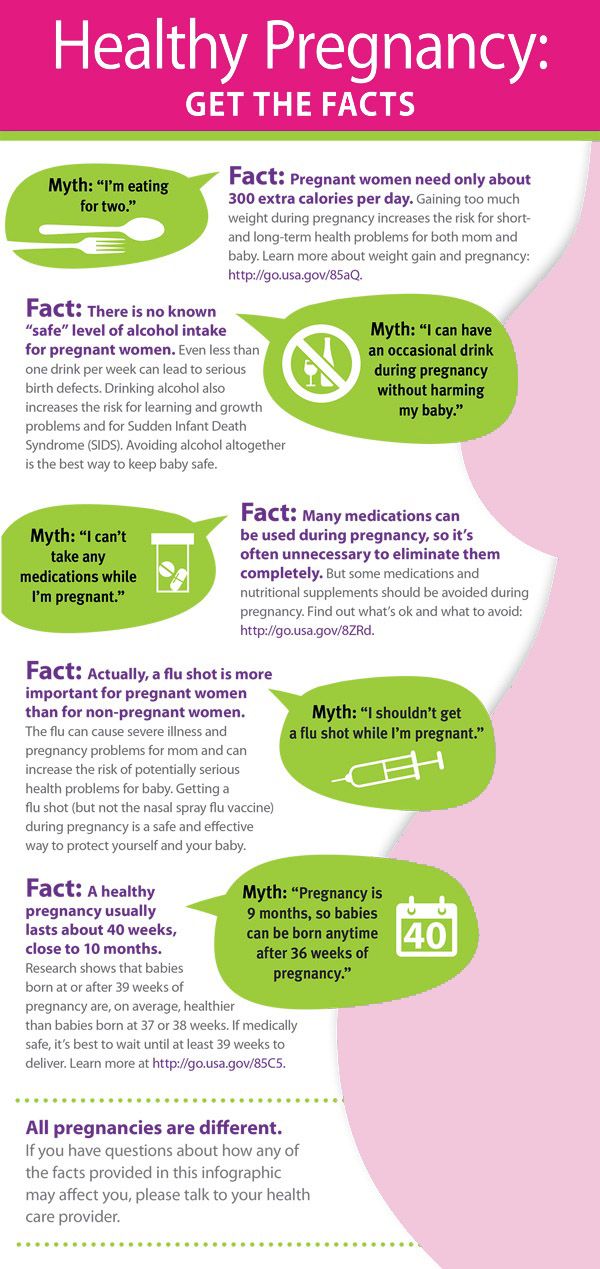 But if everything has already happened, a decision has been made to give birth, then it is important to clearly understand that the wisest thing is to bring your psychological state into harmony and create favorable conditions for the development of the fetus.
But if everything has already happened, a decision has been made to give birth, then it is important to clearly understand that the wisest thing is to bring your psychological state into harmony and create favorable conditions for the development of the fetus.
Fear of miscarriage is an understandable concern. To identify the problem as early as possible, take tests every other day. The best arguments for well-being in this matter are indicators and numbers.
Futile worries
To drink coffee or not to drink - fans of aromatic grain drink exhaust themselves with this question, who cannot live a day without this drink. But every morning to tremble at this thought is definitely harmful to the unborn child. Let's look for an alternative. Is it better to spend the whole day at work sluggish and sleepy than to still dare to drink a cup of coffee with milk to cheer up?
Recent scientific studies have shown that a cup of coffee a day does not harm the baby.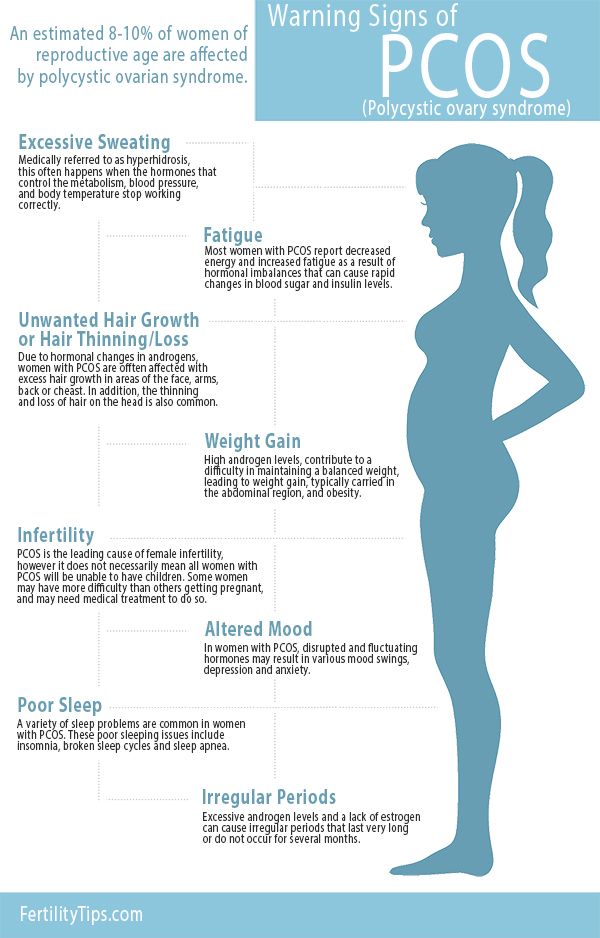 Pregnant women are allowed to drink, but it is recommended to use it less often, in addition, use sparing options: instant coffee or no caffeine at all.
Pregnant women are allowed to drink, but it is recommended to use it less often, in addition, use sparing options: instant coffee or no caffeine at all.
Taking medicine or suffering pain (discomfort)? Pregnant women are usually extremely distrustful when even doctors prescribe pills to them. Even after the time spent at the consultation with a specialist, some “pregnant women” discuss the medicines prescribed by the doctor on women's forums for greater reliability. In order not to panic and not look on the Internet for advice from pregnant alarmists whose competence you are not sure, it is wiser to find a doctor who you can trust 100%! The field of gynecology in our clinic is one of the most developed and intensive areas of work.
Anxiety unsupported by arguments
Does it seem to you that your belly is growing slowly or, conversely, is it too big? This is not a serious cause for concern. The main thing is that the ultrasound confirmed that the fetus develops according to the deadline.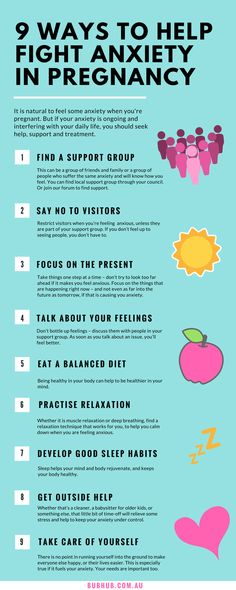 Also, pregnant women worry that they are gaining weight rapidly or are malnourished. Eat a balanced diet and get enough (again, with the permission of your doctor) to move, then the weight will be within the normal range.
Also, pregnant women worry that they are gaining weight rapidly or are malnourished. Eat a balanced diet and get enough (again, with the permission of your doctor) to move, then the weight will be within the normal range.
When the baby pushes hard, it is scary at first, and if the pushes are weak, perhaps even more scary. Indeed, both may indicate hypoxia. Share your concerns with your doctor, a toned uterus is a solvable problem. Just in case, study the so-called "method 10", based on the calculation of the fetal heart rate. So you will participate in the process not passively, but meaningfully. By the way, it is in your power to actively help the cub: walk daily in the fresh air, sign up for an oxygen cocktail course. Most likely, this is how the child simply shows temperament. But if the reason is more complicated, remember that medicine can cope with such problems. Hypoxia (if it is not chronic) is amenable to medical adjustment, as a result of which the tension of the walls of the uterus decreases, and blood circulation improves.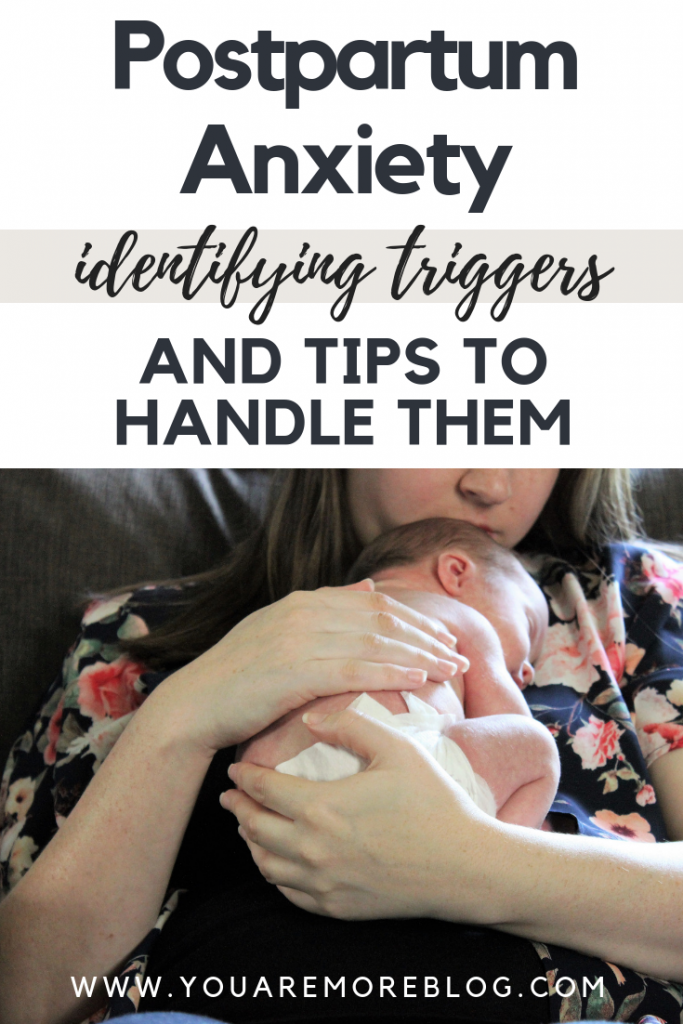
Childbirth is delayed, and this is fraught with the fact that a woman is daily absorbed in listening to herself and looking out for harbingers in fear of missing the start of the long-awaited process. On the one hand, vigilance does not seem to interfere, but one thing is clear - it is impossible to miss childbirth, there is no turning back. Perhaps the day of birth is simply incorrectly determined, because pregnant women do not always know the day of conception exactly.
Natural doubts
Are you afraid of natural childbirth, scary and surgical intervention? Remember that most panic plans (not related to pregnancy) are implemented in a completely different way than your imagination draws, so fantasizing, winding yourself up is not a good idea. Even if the child is born as a result of a caesarean section, this sometimes happens. The main thing is that the birth is safe for the baby and the mother. To give confidence in this matter, it is useful to attend childbirth preparation groups with your husband.
The fear of not being able to cope with a new role is familiar to everyone who has “passed through” pregnancy. Long before the birth of a child, a woman begins to "try on" motherly cares. And a common misconception here is to make demands on yourself based on the image of your own mother. After all, you are unique, you have your own ideas about care and upbringing, dreams and dreams. Anxiety is unproductive, they take away strength, depress energy, instead read a book about the development of the baby. When he is born, there will be much less time for reading.
In preparing for childbirth, it is important not only to follow the doctor's recommendations, but also to overcome fears. Psychologists believe that awareness of the causes of fears and knowledge help to cope with problems, especially for women - “courageous”, thinking and hardy beings.
Top —9 fears of pregnant women - news from the Mother and Child Clinic
The waiting period for a child is both exciting and disturbing. Let's try to understand some of them.
Let's try to understand some of them.
Dear pregnant women!
Some reasonable level of anxiety is good, but together with your doctor, you can overcome your level of anxiety and achieve your desired goal - the birth of a healthy baby.
Fear No. 1. Anxiety during the day and dreams at night, suddenly something is wrong with the child
A high level of progesterone during pregnancy makes a woman vulnerable, sensitive, and sometimes depressed. There is no need to be nervous, as this can provoke a threat of termination of pregnancy, use a simple auto-training: repeat to yourself that there is no reason to worry. If this does not help, you can use sedatives: motherwort and valerian are not contraindicated in pregnant women, discuss the use of these drugs with your doctor.
Fear No. 2. “On the day of conception, I drank a bottle of wine. I'm afraid the wine might hurt the baby. Maybe now I need to terminate the pregnancy?
In the first 7 days after fertilization in the fallopian tube, the egg has not yet attached to the uterine mucosa, so the damaging effect of wine drunk on the day of conception is not necessary. If it happened that you drank 50–100 g of wine, champagne or beer at a later date, this is also not a reason to terminate the pregnancy. But for the future, remember - alcohol and pregnancy are incompatible. As soon as you find out about pregnancy - give up any alcoholic beverages. The constant or episodic use of pregnant alcohol leads to serious consequences for the child: from congenital alcoholism to serious malformations. Stop smoking as soon as you find out you're pregnant! But don't think about terminating your pregnancy if you smoked for the first few days without knowing you were expecting a baby.
If it happened that you drank 50–100 g of wine, champagne or beer at a later date, this is also not a reason to terminate the pregnancy. But for the future, remember - alcohol and pregnancy are incompatible. As soon as you find out about pregnancy - give up any alcoholic beverages. The constant or episodic use of pregnant alcohol leads to serious consequences for the child: from congenital alcoholism to serious malformations. Stop smoking as soon as you find out you're pregnant! But don't think about terminating your pregnancy if you smoked for the first few days without knowing you were expecting a baby.
Fear #3. “My husband is 41, I am 39, and we don't have children yet. We would like a child, but I heard that if I decide to give birth, my baby will most likely be with some kind of deviation due to the age of the parents. Is it true?"
Indeed, with age, the probability of having a child with Down syndrome, Pattau, Edwards and other congenital diseases increases, but there is no direct dependence on the age of the parents. Many women over forty give birth to perfectly healthy children. There are a number of accurate genetic studies that make it possible to determine at an early stage that there are no congenital abnormalities in a child.
Many women over forty give birth to perfectly healthy children. There are a number of accurate genetic studies that make it possible to determine at an early stage that there are no congenital abnormalities in a child.
Fear No. 4. “My friend said that you should not treat your teeth, because after pregnancy and childbirth they will still begin to deteriorate quickly, then they will need to be taken care of. And she also says that during pregnancy you can’t take any medicines and I should be treated only with herbs. Is it so?"
Your friend is wrong. Preparing for pregnancy involves visiting the dentist in advance before pregnancy. Caries is a serious source of infection, bad teeth provoke tonsillitis, gastritis and other inflammatory processes that are doubly dangerous for a pregnant woman. To prevent tooth decay after childbirth, take calcium supplements, eat cottage cheese and cheese, and take good care of your teeth.
As for herbal medicine during pregnancy, it should be treated with caution. Not all herbs are harmless, for example, oregano can provoke a miscarriage. Secondly, there are conditions when traditional medicines cannot be abandoned. Of course, you should not drink painkillers for any tingling, but the harm that a sore throat with a paratonsillar abscess will cause to an unborn child is much more serious than the harm from drugs that cure it.
Not all herbs are harmless, for example, oregano can provoke a miscarriage. Secondly, there are conditions when traditional medicines cannot be abandoned. Of course, you should not drink painkillers for any tingling, but the harm that a sore throat with a paratonsillar abscess will cause to an unborn child is much more serious than the harm from drugs that cure it.
Fear No. 5. “I feel good and would not want to give up my usual active lifestyle because of pregnancy. For example, I want, as before, to roller-skate, to travel. And my husband says that all this is dangerous for me and for our child. Which one of us is right?
You are both right and wrong. From traumatic sports (rollers, skiing, cycling, equestrianism, diving) will have to be abandoned, because pregnant women need to avoid falls, bruises and any physical injury. However, this does not mean that you need to lie on the couch for all nine months if the pregnancy is proceeding normally. Swimming, gymnastics for pregnant women, walks are very useful - it is better outside the city, in comfortable environmental conditions. Long-distance travel is not contraindicated if the pregnancy proceeds physiologically, without complications. It is important to choose the right route and means of transportation. Kayaks, motorcycles, hot countries, conquering mountain peaks, direct sunlight are prohibited. It is better to choose a relaxing holiday with the usual food and climate close to Russian, without a big difference in time zones. When it comes to air travel, it is best to consult your doctor, as it requires an individual approach. One of the relatives or a friend should accompany you during the trip.
Long-distance travel is not contraindicated if the pregnancy proceeds physiologically, without complications. It is important to choose the right route and means of transportation. Kayaks, motorcycles, hot countries, conquering mountain peaks, direct sunlight are prohibited. It is better to choose a relaxing holiday with the usual food and climate close to Russian, without a big difference in time zones. When it comes to air travel, it is best to consult your doctor, as it requires an individual approach. One of the relatives or a friend should accompany you during the trip.
Fear No. 6. “At the beginning of my pregnancy, I ate chocolate bars. But recently I learned that mom's food habits affect the tastes of the unborn child. Now I am afraid to eat an extra cake or a piece of chocolate: because I can make my baby a sweet tooth!”
In this situation, there is a risk of giving birth to a child - paratrophy with overweight and a tendency to allergies, as well as realizing latent diabetes in the mother! Western publications publish information that the taste preferences of a pregnant woman determine the taste preferences of her unborn child. We can confidently say that proper nutrition during pregnancy and feeding is the key to the health of your baby. It is advisable to think over the diet to the smallest detail, include in it products that provide all the necessary nutrients, vegetable and animal proteins, vitamins and minerals, fruits and vegetables, and take carbohydrates in a limited way, including chocolate, which is a strong allergen.
We can confidently say that proper nutrition during pregnancy and feeding is the key to the health of your baby. It is advisable to think over the diet to the smallest detail, include in it products that provide all the necessary nutrients, vegetable and animal proteins, vitamins and minerals, fruits and vegetables, and take carbohydrates in a limited way, including chocolate, which is a strong allergen.
Fear No. 7. “I was already in danger of miscarriage. Now, as the doctor says, she has passed, but I still am afraid of accidentally provoking a premature birth. For example, I read that it is necessary to prepare the nipples for feeding, but I am afraid that these measures would cause a miscarriage. Or maybe all these fears are unfounded?
You really shouldn't massage and stretch your nipples to prepare them for feeding. But you can use other effective and gentle methods. Sew canvas tabs from the inside to the bra, regularly wipe the nipples with a decoction of oak bark frozen in the freezer, take air baths. Stock up in advance with a special cream that soothes irritated and inflamed nipples after feeding.
Stock up in advance with a special cream that soothes irritated and inflamed nipples after feeding.
Fear No. 8. “Already in the second month of pregnancy, hair began to grow on my body, my stomach was covered with a dark fluff. I started to get better, and my friends unanimously say that after giving birth I will become completely fat. Is it really impossible to do anything, and for the birth of a child you will have to pay with an attractive appearance?
The appearance of hair is a temporary phenomenon, a consequence of hormonal changes during pregnancy, after childbirth it will pass. After childbirth, only those hairs that appeared during pregnancy fall out, so you are not threatened with baldness. Not all women gain much weight during pregnancy and lactation, while following a diet, weight gain can be influenced. The diet during pregnancy is determined by the doctor, taking into account concomitant diseases.
Fear No. 9. “Many women are afraid of childbirth, but I am not.